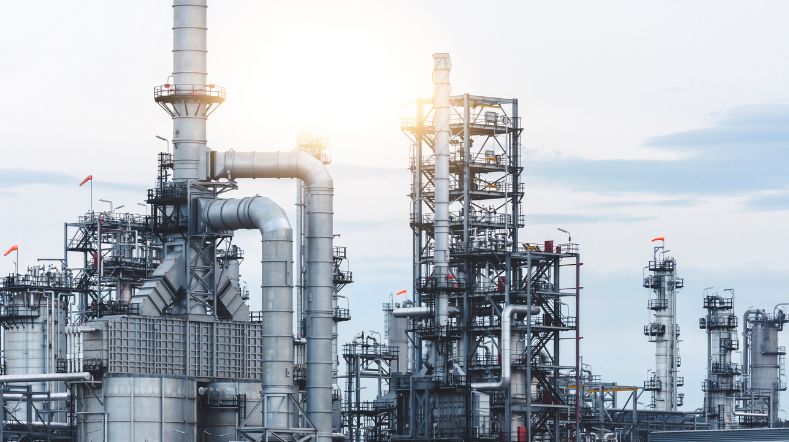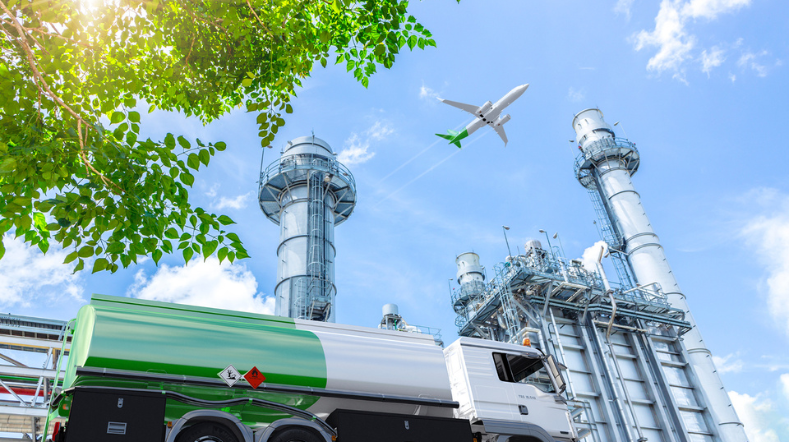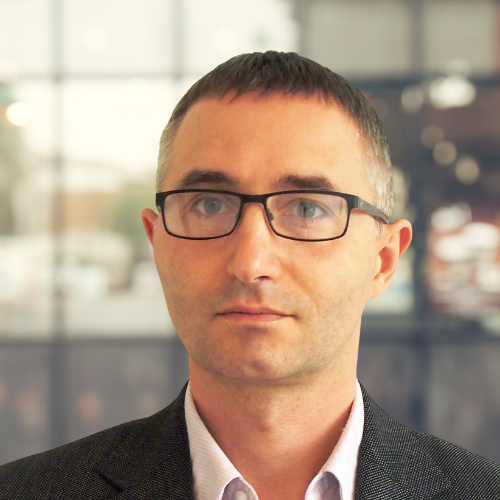Cost-effective sustainable aviation fuel
Expectations are that flying will remain an important part of our mobility and it will continue to have a significant impact on the environment. TNO is partner in HIGFLY, a consortium led by TU/e, that aims at producing efficient, sustainable aviation fuels (also known as SAFs) from biomass. Major aviation players SkyNRG and Boeing also participate in the consortium, together with other partners from Spain, Germany and the UK.
Direct CO2 emissions from aviation account for 3 per cent of the EU's total greenhouse gas emissions, whereas globally they contribute 2.4 per cent. This is equivalent to being number six in the national CO2 emissions, between Japan and Germany.
SAF to the rescue
To meet the CO2 emission reduction targets set by the aviation sector, the use of sustainable aviation fuels needs to increase sharply. Although some airlines, including the Dutch flagship KLM, have been experimenting with SAFs, current global consumption is still less than 0.5 per cent of the overall aviation fuel consumption.
While demand is expected to increase over the next decade, SAF deployment is still held back by cost. The price of sustainable fuel is estimated to being approximately two to eight times that of conventional aviation fuel. Maturity of technology pathways can decrease this price premium, but competition with fossil fuel price levels is challenging. Diversification of SAF production technologies is essential to broaden the feedstock pool and increase the potential to meet the aviation sector's CO2 emission reduction targets.
HIGFLY
The HIGFLY consortium is a well balanced mix of partners between industry, universities and research institutes. Besides TU/e, TNO, SkyNRG and Boeing, the HIGHFLY consortium brings together the following organisations and companies: Agencia Estatal Consejo Superior de Investigaciones Científicas (CSIC-ITQ), Fraunhofer-Gesellschaft zur Förderung der angewandten Forschung, Johnson Matthey, Institut für Energie- und Umweltforschung (ifeu) and KNEIA.
The project aims at developing new technologies to produce advanced sustainable aviation fuels, using low-cost and abundant biomass sources, such as forestry and agricultural residues, and seaweed.
Furanics
The HIGFLY concept uses furanics as a common platform to produce the targeted SAFs. This intermediate can be produced from various bio-mass sources. The role of TNO is to develop credible catalytic routes in the newly established sustainable fuel lab, which allows for developing processes under realistic conditions as well as producing relevant amounts of fuel under simulated industrial conditions. The HIGFLY consortium anticipated potential reductions in CO2 emission between 70 to 90 per cent by utilising the advanced reactor, catalysts and separation technologies developed by the consortium.
EU funded
HIGFLY has received funding from the European Union's Horizon 2020 research and innovation programme (under grant agreement N°101006618). The project will run for four years with a total EU grant amount of 4 million euro. The coordinator of the project is Assistant Professor Fernanda Neira d'Angelo from TU/e. The first preliminary results are expected in 2022.
Get inspired
E-fuels and biofuels: key to a climate-neutral industry and transport

TNO’s next generation biorefinery accelerates material transition


Local, circular, and biobased: towards the textile industry of the future with HEREWEAR


Renewable fuels


TNO develops method to produce biocarbon









